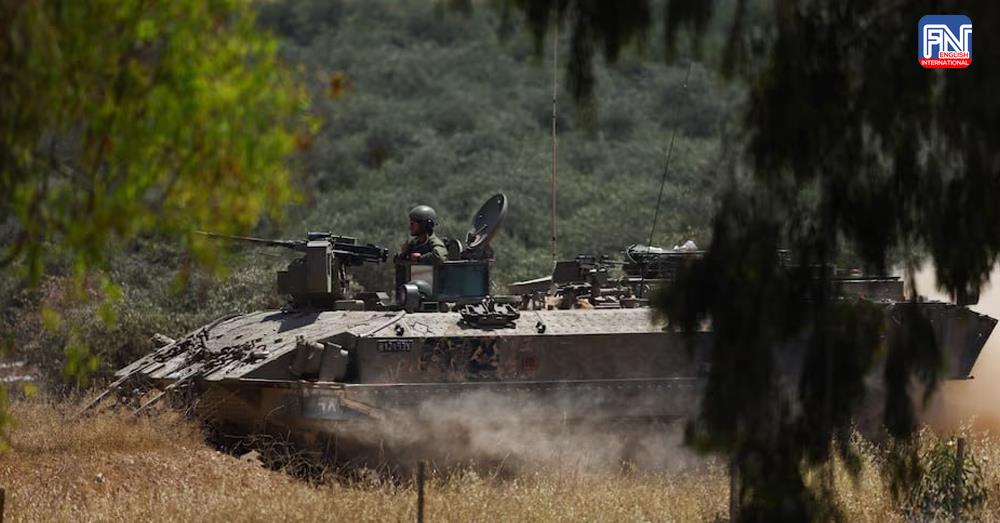JERUSALEM, Apr. 17 (Reuters) - Israel will make its own decisions about how to defend itself, Prime Minister Benjamin Netanyahu said on Wednesday, as Western countries pleaded for restraint in responding to a volley of attacks from Iran.
The United States, European Union and G7 group of industrialised nations all announced plans to consider tighter sanctions on Iran, seen as aimed at mollifying Israel and persuading it to rein in its retaliation for the first ever direct Iranian strikes after decades of confrontation by proxy.
Iran attacked in retaliation for a suspected Israeli airstrike on its embassy compound in Damascus on April 1. Israel and its allies mostly shot down all missiles and drones and there were no deaths, but Israel says it must retaliate to preserve the credibility of its deterrents. Iran says it views the matter as closed but will retaliate again if Israel does.
Israel's Air Force said late on Wednesday its fighter jets had struck the "terrorist infrastructure" of Iran-backed Hezbollah in eastern Lebanon, stoking concerns about a further escalation in clashes across Israel's northern border.
Earlier, Netanyahu met the German and British foreign ministers, who both travelled to Israel as part of a coordinated push to keep confrontation between Israel and Iran from escalating into a regional conflict fueled by the Gaza war.
Netanyahu's office said he thanked Annalena Baerbock and David Cameron for their support, while telling them: "I want to make it clear - we will make our own decisions, and the State of Israel will do everything necessary to defend itself."
Earlier, Cameron said it was now apparent Israel planned to retaliate for the Iranian missile and drone strikes.
Baerbock said escalation "would serve no one, not Israel's security, not the many dozens of hostages still in the hands of Hamas, not the suffering population of Gaza, not the many people in Iran who are themselves suffering under the regime..."
More than six months into the Gaza war between Israel and the Iran-backed Palestinian militant group Hamas that has seen flare-ups across the Middle East, diplomats are searching for a way to avert direct battle between Israel and Iran.
Jordan added to the calls for restraint, warning of a war that could be "devastating" for the region.
"The risks are enormous. That could drag the whole region into war, which would be devastating to us in the region and we’ll have very, very serious implications for the rest of the world including the U.S," Foreign Minister Ayman Safadi said. "The situation is too dangerous. The chances of regional explosion are real, and that has got to stop. We’ve got to make sure there’s no further escalation."
Washington says it is planning to impose new sanctions targeting Iran's missile and drone programme in coming days and expects its allies will follow suit.
EU leaders were due to discuss sanctions at summit in Brussels, as were G7 foreign ministers meeting in Italy.
